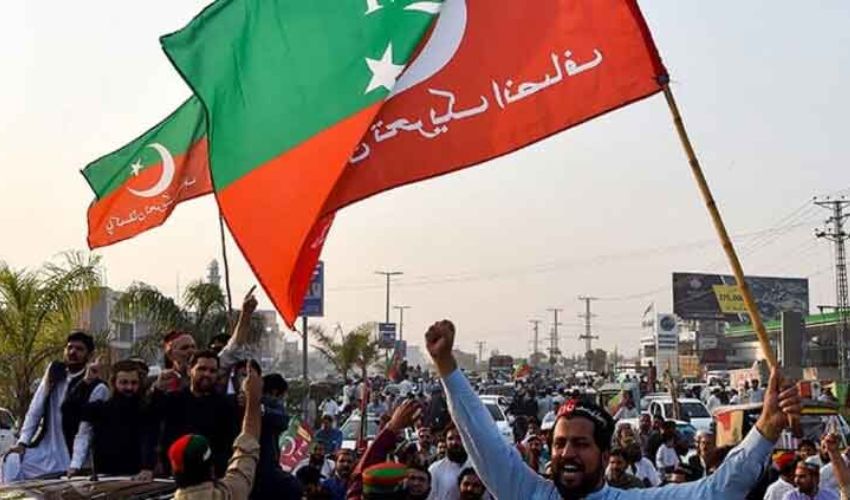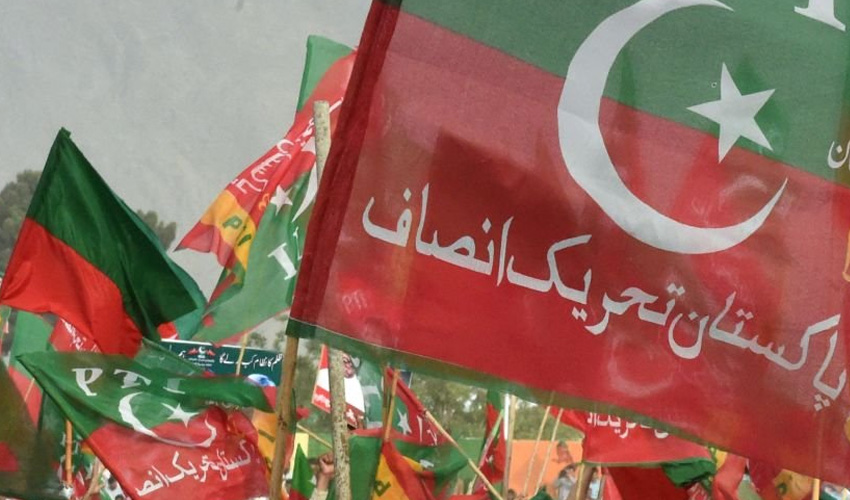The Pakistan Tehreek-e-Insaf (PTI) consistently claims that it is a target of politics of vengeance, which is only aimed at gaining public sympathy. Contrary to these claims, the ground reality is that courts appear to prioritize relief for the PTI and its leaders under the garb of judicial activism.
In fact, investigating agencies are even often denied the ability to get physical remand for inquiries and recoveries in corruption cases.
In a series of judicial decisions, courts continue to provide timely relief to the PTI and its Founder Imran Khan, sparking discussions about the judiciary's role in high-profile political cases.
On Tuesday, the Peshawar High Court made a surprising decision to grant a 21-day transit bail to Bilal Ijaz, an MNA from Gujranwala. A three-week bail in the name of transit raises questions over the decision.
Moreover, following an order from the Peshawar High Court, the Interior Ministry has removed the name of PTI leader Shaukat Yousafzai from the Exit Control List (ECL), allowing him greater freedom of movement.
Imran Khan has been actively seeking legal recourse in various cases. After the Lahore High Court annulled his physical remand in 12 cases of May 9, 2023 violence, he approached the Anti-Terrorism Court in all those cases. The bail applications argue that nothing has been recovered from the suspect and that all cases against him are acts of vengeance.
Furthermore, Justice Saman Rifat Imtiaz of the Islamabad High Court has ordered the recovery of PTI leader Dr Shahbaz Gil’s brother within two days. Additionally, the same judge addressed the PTI’s contempt of court petition in the case of not granting it permission to hold a rally despite court orders, removing objections and issuing notices to several high-ranking officials, including the interior secretary and the chief commissioner.
It is noteworthy that while the PTI leaders receive prompt judicial relief, thousands of cases remain pending across the country’s courts. This discrepancy raises questions about the equitable administration of justice and the prioritization of high-profile political cases over ordinary citizens' legal matters.



























